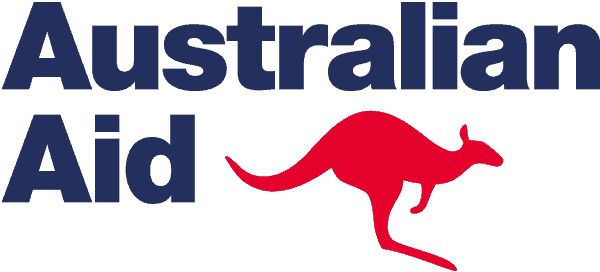Celebrating International Domestic Worker’s Day 2021 – Timor Leste
Despite a challenging year dealing with the COVID-19 pandemic and with mass destruction caused by catastrophic flooding in April, the Working Women’s Centre of Timor Leste (WWCTL) continue to campaign and fight for the rights of Domestic Workers. Despite the setbacks, WWCTL have had some wins along the way.
WWCTL host their second nationally televised Talk Show
 16 June each year is International Domestic Workers Day. In 2021, the Working Women’s Centre of Timor Leste (WWCTL) hosted their second, nationally televised Talk Show on the situation for Domestic Workers in Timor Leste. WWCTL Director Mana Ricar Pascoela was the moderator for the live broadcast featuring the General Director of the Department of Labour (SEFOPE), Maun Paulo Alves, and the Executive Director of the National Institute for Social Protection, Mana Aida Mota.
16 June each year is International Domestic Workers Day. In 2021, the Working Women’s Centre of Timor Leste (WWCTL) hosted their second, nationally televised Talk Show on the situation for Domestic Workers in Timor Leste. WWCTL Director Mana Ricar Pascoela was the moderator for the live broadcast featuring the General Director of the Department of Labour (SEFOPE), Maun Paulo Alves, and the Executive Director of the National Institute for Social Protection, Mana Aida Mota.
The speakers discussed the vulnerable situation for domestic workers in Timor Leste during the COVID-19 pandemic and the critical need for social protections. Speakers also acknowledged the key role domestic workers play in the national economy. Wearing full face shields during the filming (Timor Leste, is still recording over 50 new COVID cases per day) the ongoing OHS risks for Domestic Workers were also explored. With many workers unable to travel during COVID lockdowns, workers who were not able to live in their place of work or return home were forced into crowded accommodation at high risk of eviction.
In closing Mana Ricar pressed the Government to prioritise the final implementation of the approved special labor law for Domestic Workers in Timor Leste which will allow women to achieve decent and dignified work and fair conditions in this growing sector of employment. Both guests promised to keep pushing for the new laws to be realised in 2021. Once the legislation is fully implemented this will also make social security mandatory for workers in this sector.
Breaking News: Timorese Domestic Workers receive Social Security payments in 2021
For the first time in 2021, the Department of Social Protection recognised domestic workers (along with drivers of taxis, private vehicles and microlet buses) as eligible to receive social security payments to cover 60-70% of lost wages during the COVID-19 pandemic and extended State of Emergency lockdowns. While this is a significant achievement acknowledging WWCTL’s 10 years of campaigning and advocating for the rights and recognition of Domestic workers under Timorese labour law, the current scheme is an opt-in only payment and must be approved by both employer and employee.
WWCTL is working hard to reach all members who are eligible to apply and support them through the process. One of the challenges is the need to have a bank account to be able to receive the payment. Most domestic workers are paid in cash and the banks expect them to have a minimum of $10 to open their own account.
Looking to the Future
Interest from the government, civil society and the media about the rights and conditions of Domestic Workers in Timor Leste has never been higher thanks to the dedicated, long term campaigning and advocacy by the Working Women’s Centre of Timor Leste. Three television stations attended their June 16th talk show with one station streaming the entire event live and the others broadcasting content on the evening news.
2021 is a significant year for both the WWCTL and also the ILO Domestic Workers Convention (ILO C189). Both celebrate their 10th birthday this year. WWCTL’s small team of staff and dedicated membership of hundreds of Domestic Workers hope to celebrate by the end of this year by seeing the special law for the working rights of Domestic Workers in Timor Leste formally ratified.
Read more about projects we support in Timor Leste:
 The Working Women’s Centre of Timor Leste’s Advocacy, Education, Organizing & Support Program for East Timor Domestic Workers and the Farmers Towards Sustainable Farming in Timor Leste programs are supported by the Australian Government through the Australian NGO Cooperation Program (ANCP).
The Working Women’s Centre of Timor Leste’s Advocacy, Education, Organizing & Support Program for East Timor Domestic Workers and the Farmers Towards Sustainable Farming in Timor Leste programs are supported by the Australian Government through the Australian NGO Cooperation Program (ANCP).
